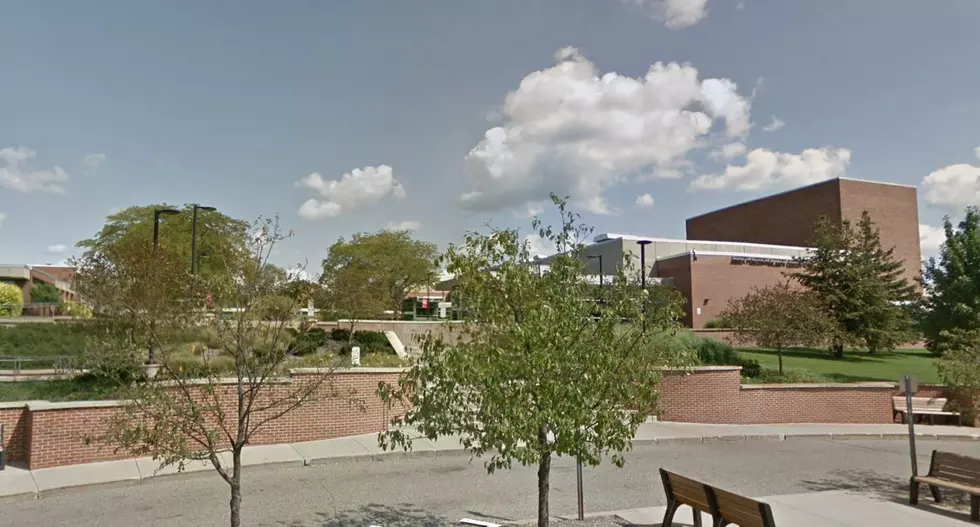
KCC Waives Online Course Fees, Awards Emergency Grants to Students
The Kellogg Community College Board of Trustees has approved a plan to provide financial relief to current and future KCC students by waiving online course fees, which are currently $35 per credit hour, and providing emergency cash grants of up to $650 to currently enrolled students.
The Board voted unanimously on Feb. 17, 2021, to use federal stimulus funds to reimburse Spring 2021 students who have been charged the online course fee and waive the fee altogether for anyone who registers for an online course in Summer 2021.
Collectively, the fee waiver is expected to save KCC students an estimated $800,000 over the two semesters.
In addition to the waiver, the College is using federal funding to provide emergency grants to students ranging from $50 to $650 apiece. Collectively, the individual grants are expected to provide $729,000 directly to KCC students who were enrolled as of early February.

“The Board of Trustees recognizes the unusual challenges that our students are facing and we appreciate being in a position to be strategic – including putting cash back into students’ hands – with our use of federal funds to support students and enhance campus safety,” said Board Chair Steve Claywell.
“The pandemic and recession of 2020 have taken an enormous mental and financial toll on students at KCC, which is why the College has gone to great lengths to provide a variety of supports for our Bruins,” said KCC President Adrien L. Bennings. “We are grateful to have strong partnerships at the state and federal levels that enable us to waive fees and provide emergency grants to our students.”
The amounts of the emergency grants are determined based upon economic need as determined by federal aid eligibility and U.S. Department of Education guidelines.
Students who currently don’t receive federal aid and students enrolled in fully online programs will be included in the stimulus funding.
Part-time students who are dual enrolled, sponsored or paying fully out of pocket will receive $50 each; those with federal financial aid, scholarships or loans will receive $100; and those who qualify for Federal Pell Grants or Michigan’s Futures for Frontliners program will receive $325.
Full-time students (defined as those who are taking at least 12 credit hours) who are dual enrolled or sponsored will receive $50; those paying fully out of pocket will receive $100; those with federal financial aid, scholarships or loans will receive $200 and those who qualify for Federal Pell Grants or Michigan’s Futures for Frontliners program will receive $650.
The emergency grants will be disbursed during the week of Feb. 22; the waiver reimbursements will be disbursed during the week of March 15. Students are encouraged to sign up for direct deposit using the Banking Information link within the Bruin Portal to have their funds go directly into their preferred bank accounts.
The funding for the fee waivers and emergency grants comes from the federal Coronavirus Response and Relief Supplemental Appropriations Act (CRRSAA), which was enacted into law in December 2020. The CRRSAA provided KCC with $4.8 million to provide emergency aid directly to students and institutional relief for pandemic-related costs.
Since March 2020, KCC has incurred numerous pandemic-related expenses and used federal money to cover many items, including facilities alterations, personal protective equipment, technology purchases and infrastructure improvements to accommodate remote learning, remote working, social distancing and other public health requirements. Future uses of federal money may include a renovation of the KCC Dental Hygiene Clinic to allow for social distancing during treatment of patients.
In mid-2020, KCC received and distributed nearly $1 million in federal stimulus funds to students – up to $500 apiece – who were enrolled in the Spring 2020, Summer 2020 and Fall 2020 semesters.
For more information about KCC’s ongoing response to the pandemic, including the College’s campus reopening plan and week-by-week COVID-19 case data, visit Kellogg.edu/coronavirus.
The 100 Best Places to Live in the Midwest
More From WBCKFM









